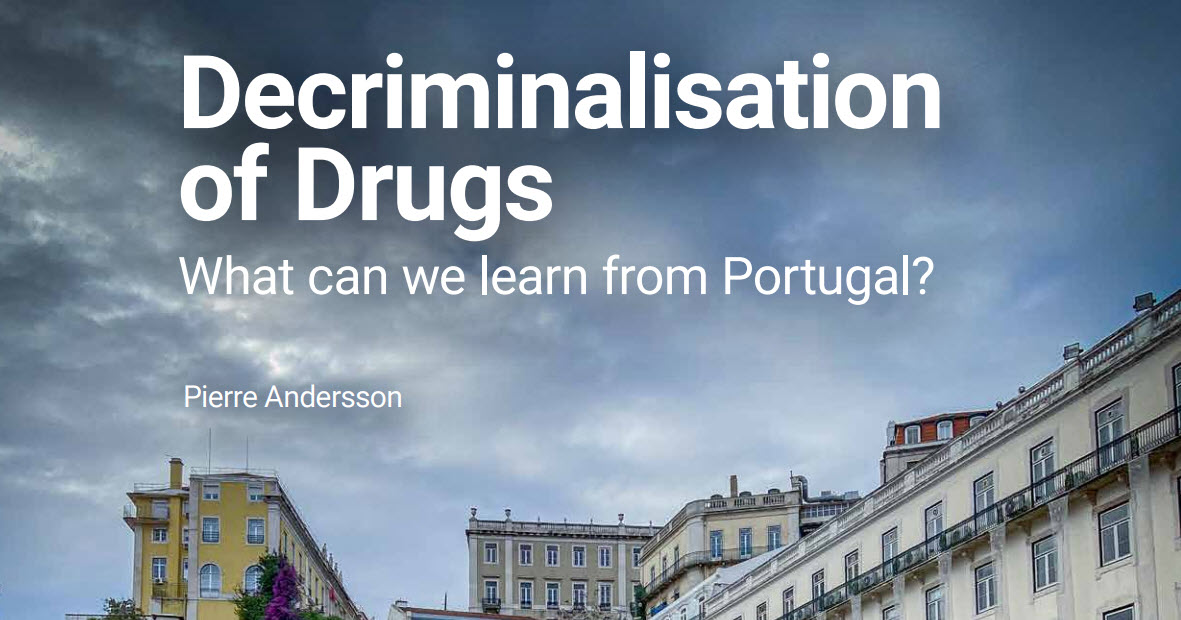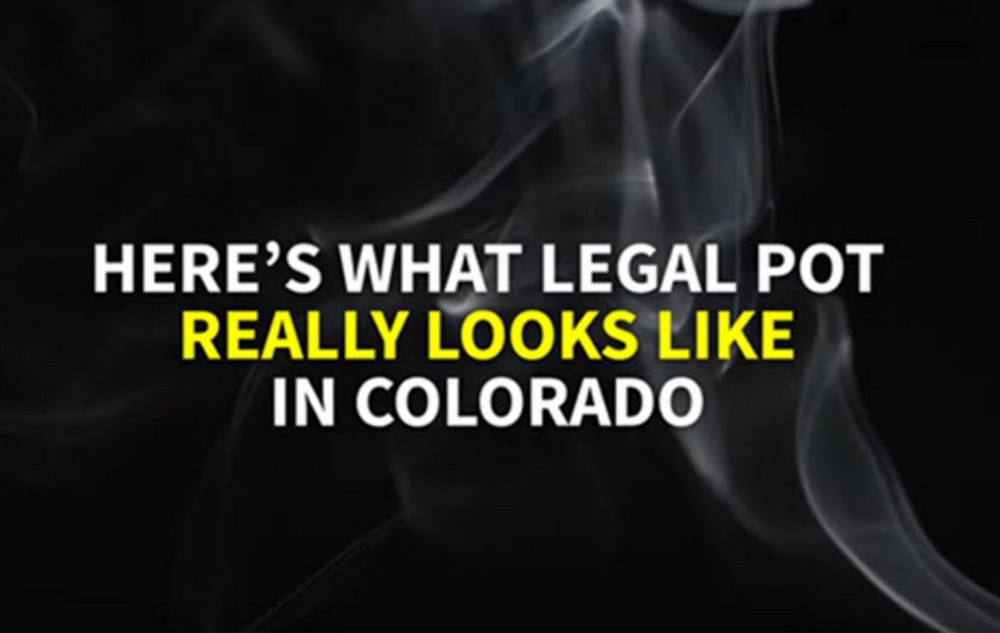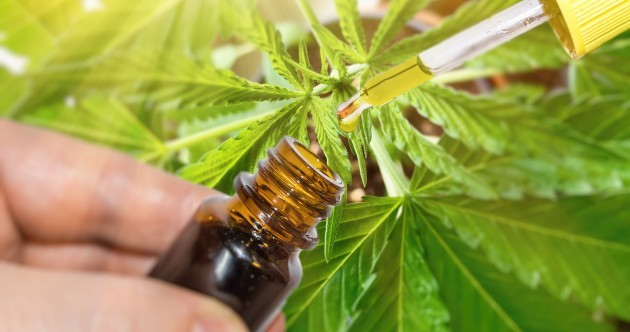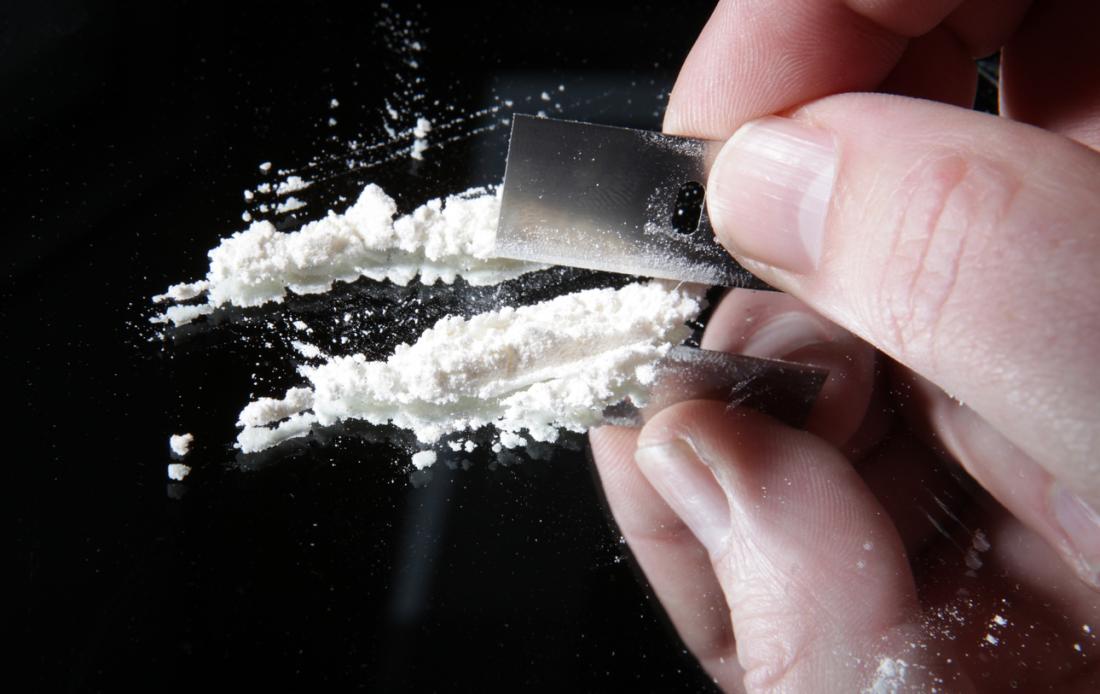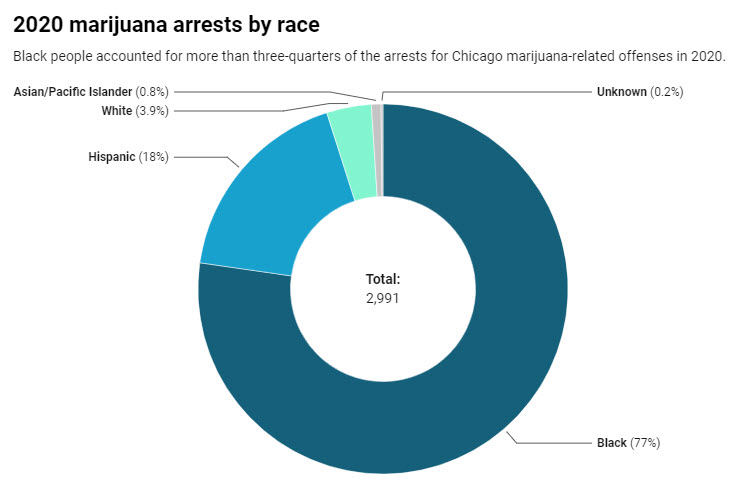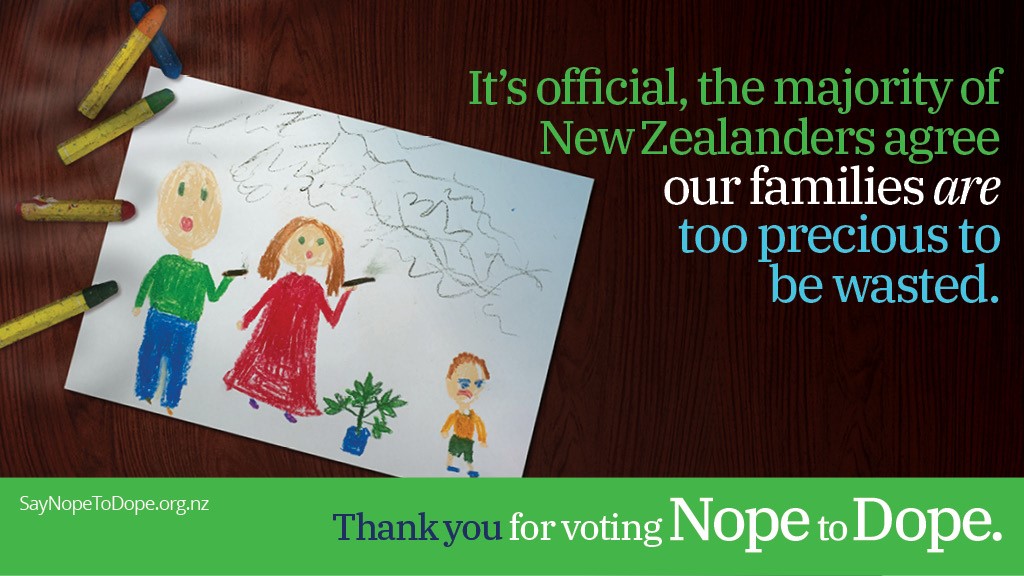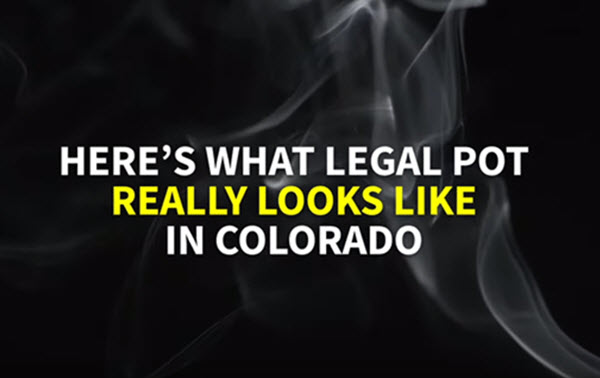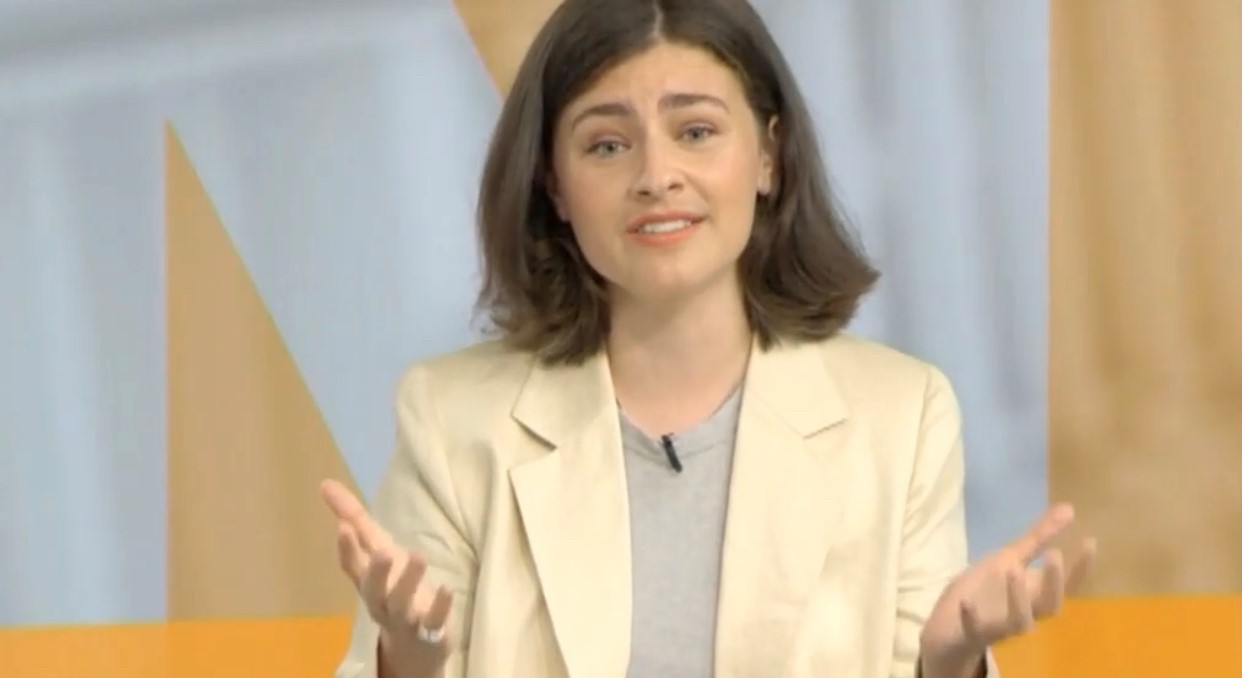
NewsHub 6 May 2021
Labour and National have quashed Green MP Chlöe Swarbrick’s push to grant amnesty for ‘green fairies’, those who illegally supply cannabis to people with health issues.
Swarbrick wrote to Health Minister Andrew Little advocating on behalf of TV presenter Katy Thomas, whose severely epileptic 6-year old son’s legal medicinal cannabis was confiscated and destroyed at the border because the CBD level was a fraction too high.
Swarbrick also asked Little to consider an amnesty for ‘green fairies’ who risk a prison sentence to provide relief to their communities. A Waikato man giving cannabis free to elderly people for pain relief was recently raided and charged by police.
But Little confirmed he has no plans to grant amnesty to green fairies, despite the unaffordability of legal products. National Party justice spokesperson Simon Bridges also poured cold water on the prospect.
“Conservative groups, the likes of Family First, decided to start painting it as ‘grow your own’ and that’s exactly why we’ve ended up with this highly pharmaceutical approach, with huge cost barriers to patients getting access to this medicine, because we’re treating it in the same way we treat things like morphine.”
Family First supported National Party deputy leader Dr Shane Reti’s unsuccessful medicinal cannabis Bill in 2018 that would have facilitated pharmacist dispensing but would have excluded loose leaf cannabis.
Family First’s Bob McCoskrie told Newshub he found it ironic the Greens voted against Dr Reti’s Bill which “would have sped up the process and increased the availability of product”.
“We don’t allow chemists to distribute illegal drugs willy-nilly.”
Swarbrick responded: “You only have to look at Family First’s anti-science, moral high-horsing history of telling people how to live their lives – what they can do with their bodies and who they’re allowed to love – to understand where these views come from.”
READ MORE: https://www.newshub.co.nz/home/politics/2021/05/cannabis-labour-national-quash-green-mp-chl-e-swarbrick-s-hope-for-green-fairy-amnesty.html


